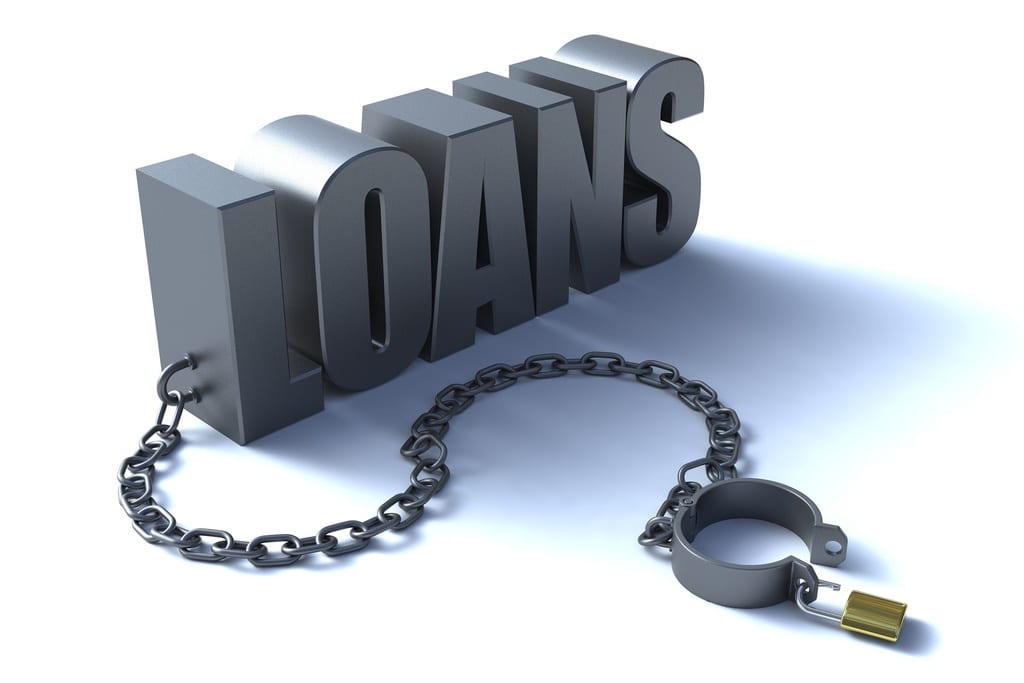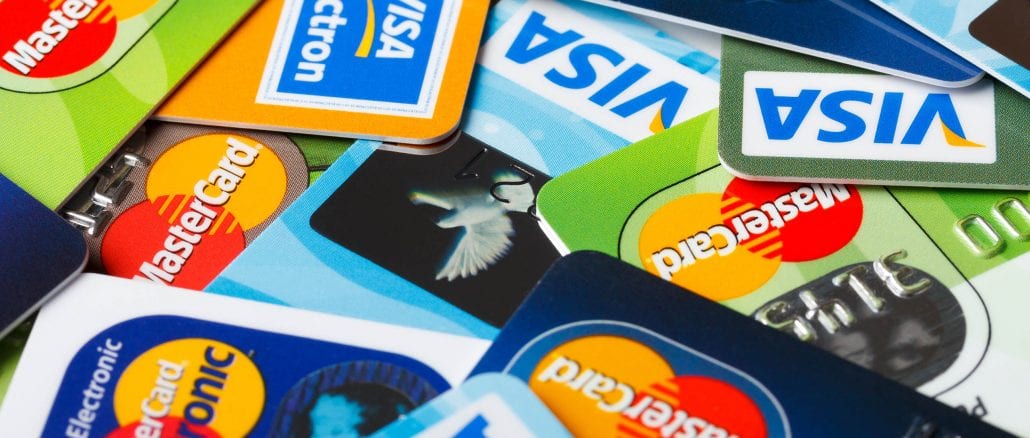What is insurance?
Speaking from the Asian market viewpoint, insurance is still something most people would stir clear of. Everyone can somehow come up with at least one reason why they shouldn’t take up a policy but in the first place, do they really understand what insurance is about? If they don’t, I really hope they’d give an insurance agent a chance to explain to them – why insurance has become a necessity today (and not just tomorrow) – when he/she approaches them.
Have a look at the list below. I’m sure at least some, if not all, are on your own concern list.
1. Emergency fund
It’s not uncommon nowadays to hear about down-sized o solvent organisation. One minute you’re right on top of the chart, and the next you’re given four month’s compensation (or none at all) to leave the company because they can’t afford to pay you anymore. It’s really terrifying especially for those who have huge commitment to their families and tonnes of debts to pay.
Saving some of your salary from the beginning of your career could save at least some of your trouble should retrenchment happen to you.
In insurance, there is such thing as a policy loan and this is immediate and less painful compared to getting loans from a bank or a money lender.
If the going gets tougher, surrendering the policy for the cash value would be an alternative to policy loan.
2. Retirement fund
How much do you need to support your standard of living every month? When you retire, how many more years do you think you have before you hit the road and not come back to earth? Most people live for a good thirty years after retirement. So what are you going to survive on if your income has stopped? Most people find that their provident fund or some savings in the bank wear out just five years after their retirement. After that, some go back to work, some depend on their children (which is a struggle and uncertain) and some… well, live miserably for as long as they can.
Putting aside some money for an endowment plan is a good way to build up a retirement fund. The moment you retire, the money is just right there, begging to come out and give you an easy life after you’ve worked for so many years. That’s the time to pamper yourself. Make sure you have lots to spend by then!
3. Education fund
This is for people who plan to have children. Before your child is born, look around for good education fund. Nowadays, college fees are killers. Some people sell their properties just so they can send their children to college. Others struggle to work 25 hours a day so their children get to learn some kind of skills in small institutions.
Instead of just putting money in the bank where you save before you create, purchase an education plan where you can create the fund for your child as you save. Most of these plans come with premium waiver in case a parent is unable to continue paying due to death or disability.
4. Hospitalisation and surgical
You can determine a lot of things in your life but some of the huge issues in life that you can’t foresee are accidents and illnesses. You could be hospitalised for any reason at all. You know you didn’t plan for all these but they come and steal your savings like a thief in broad-daylight. So if you have a medical card, your hospital and surgical bills can are paid by the insurance company, as long as you remember to renew it annually. Just think: you may not have paid much for your premium but whenever you need money for a medical emergency, it’s right there for you.
5. Critical illnesses
Upon diagnosis of a critical illnesses such as a stroke, the insurance company pays a lump sum of money to the insured. This is useful for covering expenses are than your hospital bills since the bills are already paid for by your hospitalization and surgical policy.
6. Personal accident
There are three types of people in the world where personal accident policies are concerned. The first group does not think that getting into an accident is possible if you’re always very careful. But please remember that accidents DO happen anywhere, anytime and to anyone. You don’t have a crystal ball to tell you when or whether or not you’re going to have an accident. You can be the most cautious person in the world but the person next to you may not.
The second group consists of ‘PA extremists’. They buy all the personal accident policies they can find or are offered but are not sure whether all the policies are necessary and/or claimable.
The third group is buys moderately. Whichever group you belong to, know that you need a personal accident policy to go with your life and medical plans. For more information, please read my 11 Things to Consider When Purchasing a Personal Accident Coverage. Somehow, people tend to realise they need this only when it’s too late.
7. Death or total permanent disability
This is a basic life policy where a lump sum is paid to the policyholder if he/she is disabled or to the beneficiary upon the death of the policyholder.
When a person is disabled and are unable to perform the tasks that his job requires of him, he will not be able to earn any income. The money claimed from this policy can be a lot of help with regards to continuing his financial support of the family, additional medical expenses or even hiring a nurse for home care.
Upon death, the money claimed could help loved ones in funeral expenses or settlement of outstanding liabilities.
8. Income protection
In the event of a misfortune, the income of a person is always one of the first thing to be affected. Whether or not you have a family, a financial commitment is something you can’t avoid. If you’re single, you have your car and/or credit cards to pay for. If you have a family, your expenses are three to ten times more, depending on the size of your family. When your income stops, your commitment suffers.
Buying an insurance policy helps you to continuously support your own or your family’s needs should an unfortunate event happen. Remember, whatever your marital status is, your responsibilities do not disappear along with your inability to bring in income. Somebody still has to pay your bills…
9. Business continuation
If you are a proprietor of a business and you have a few partners, it would be good to buy policy which allows you to divide the shares of your business equally should something unfortunate happen to any one of your partners. Upon death or disability of a partner, the insurance company could provide the finances for the other partners buy his/her share so that the business can continue to function.
10. Senior citizen’s fund
Who says insurance is not for those over the age of 55? A senior citizen can still buy a policy which pays the sum assured upon the death of the insured. This would be helpful for their loved ones to settle funeral expenses or leftover medical bills. None of us, regardless of what age we are should have to leave this world, worrying about how our loved ones would have to cope financially when the emotions involved is bad enough.
Having said that, it’s all about how a person prioritise his/her expenses. Saving money in the bank is essential too but we can’t keep all the eggs in just one basket. Insurance is also a form of savings. It is a necessity now because it provides protection besides handling your other financial worries. Everyone is encouraged to have a comprehensive coverage – life policy, critical illnesses policy, hospitalization and surgical policy and personal accident policy – in order to optimize the benefits of insurance.
Get one today before it’s too late. No one needs to look back and say, “Should’ve”, “Could’ve” or “Would’ve” on their hospital bed.








